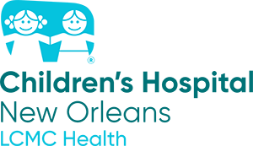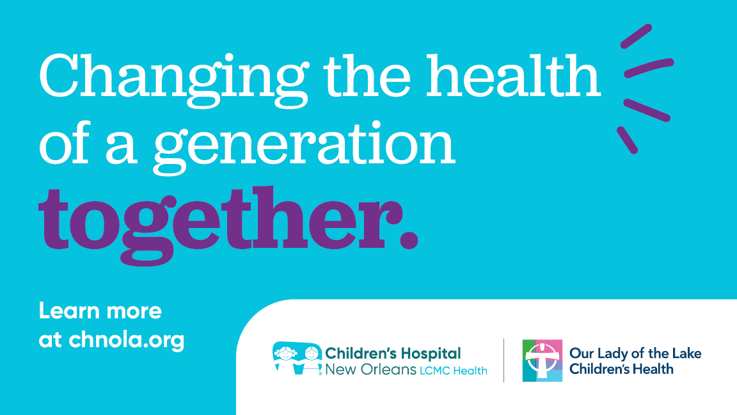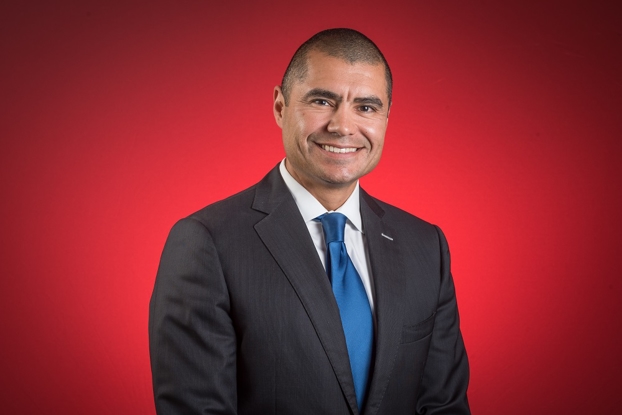Aubri’s life-saving PDA surgery offers hope to the tiniest premature infants with a common congenital heart defect
- Posted on:

Finding out you’re expecting a newborn is an experience like no other. When you see the double lines slowly emerge on a pregnancy test, you know your life will change forever. At first, you are filled with joy, hope and anticipation. Then, your emotions can give way to anxiety about the “what ifs” along the way.
When Cambre Myles glanced down at her positive pregnancy test result, she was surprised and overjoyed. She always dreamed of becoming a mother. Then, five weeks into her pregnancy, her excitement abruptly came to a halt when she suffered a miscarriage. This unexpected loss had taken an emotional toll on her and her family. As she coped with her grief, two years went by before she found out she was expecting again. This time, she was happy but nervous, too.
“I remember my doctors telling me that I wasn’t going to be able to carry full term if I ever got pregnant again,” said Cambre. “I was thankful to have this second chance at motherhood, but I was on pins and needles during my pregnancy. I feared something bad would happen. I just could not imagine going through another devastating loss. I tried to stay calm and optimistic.”
Cambre’s pregnancy was difficult. Like many expectant mothers, she dealt with frequent bouts of morning sickness, stomach pain, nausea and migraines. She couldn’t keep things down and was losing weight more than anything. Following her OB-GYN’s advice, she spent most of her pregnancy on bed rest as a precaution since she had a prior history of miscarriage. Despite the unpleasant symptoms of being pregnant, Cambre always looked forward to her daughter’s weekly ultrasound appointments so she could see her baby’s progress on the big screen. Week after week, her daughter’s anatomy scans came back normal. Then, when Cambre was 25 weeks along, the ultrasound technician noticed she was showing early signs of pre-term labor.
“Before I knew it, I was wheeled to the labor and delivery floor where doctors gave me steroid shots and different medications to prevent pre-term birth,” said Cambre. “A few weeks later, I remember waking up with severe pelvic pain at home. When I went to the bathroom, I felt an urge to push and then I began feeling contractions. I was rushed to the hospital and when I got there, my doctor noticed my baby’s leg was sticking out, so I had to undergo an emergency C- section.”
Aubri was born July 2, 2021, at 27 weeks and weighed 1 pound, 15 ounces. At two weeks old, Aubri was airlifted to the neonatal intensive care unit (NICU) at Children’s Hospital New Orleans where she initially struggled with numerous neonatal complications including poor weight gain.
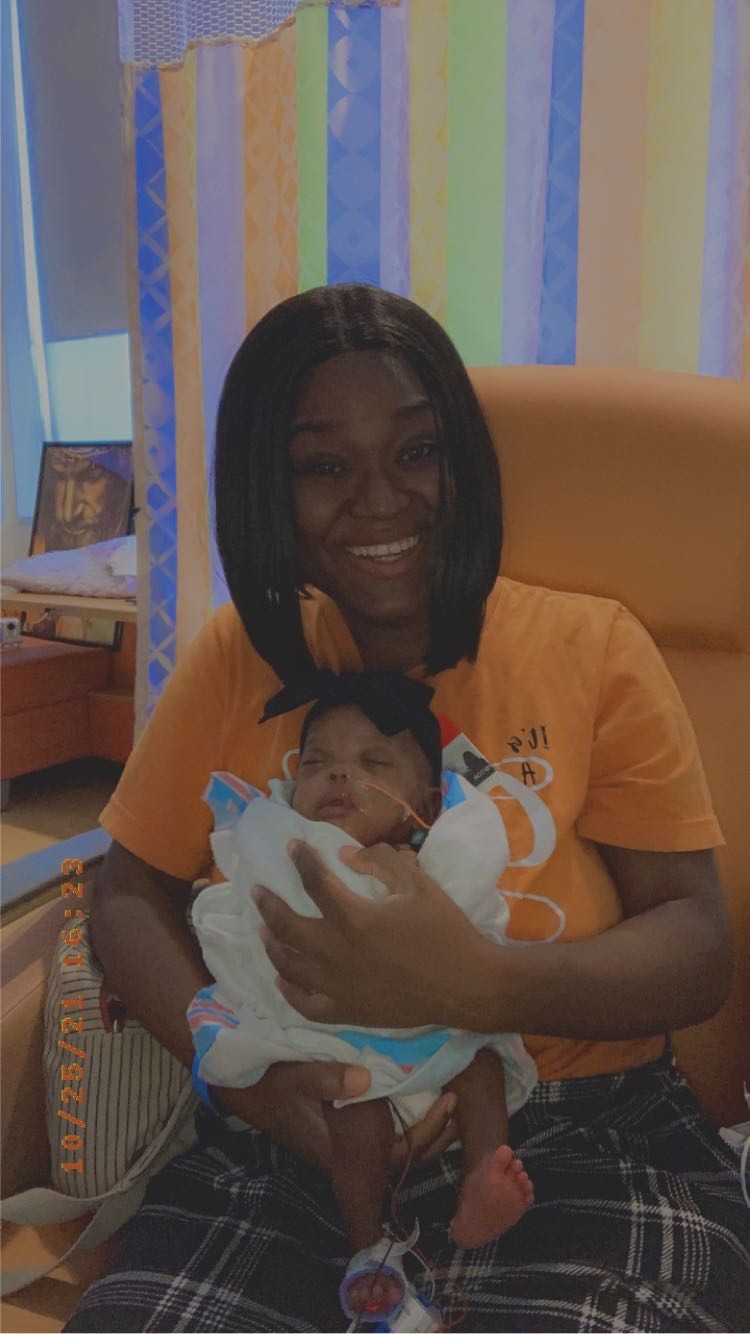 “When my daughter was admitted to the NICU, I was nervous and didn’t know what to expect,” said Cambre. “So many different emotions were swirling through my head, and I was having a hard time grasping everything the doctors were telling me. I remember going to the chapel to pray. When I got to the NICU to see my baby, I saw a glimmer of hope. My baby was smiling at me. That was the first smile she ever made, and I took it as a sign everything would be okay.”
“When my daughter was admitted to the NICU, I was nervous and didn’t know what to expect,” said Cambre. “So many different emotions were swirling through my head, and I was having a hard time grasping everything the doctors were telling me. I remember going to the chapel to pray. When I got to the NICU to see my baby, I saw a glimmer of hope. My baby was smiling at me. That was the first smile she ever made, and I took it as a sign everything would be okay.”
While in the NICU, Aubri was still having difficulty breathing and her weight fluctuated often. Some days she was four pounds and then she would drop down to three pounds again. After undergoing tests including an echocardiogram (EKG), Aubri’s cardiology team at Children’s Hospital diagnosed her with a congenital heart condition that required immediate treatment.
Aubri suffered from a congenital heart defect called a patent ductus arteriosus (PDA), which is an opening between two blood vessels (aorta and pulmonary artery) leading from the heart, and prior to being born, allows blood to bypass the lungs and go to the rest of the body. For most babies, the opening closes on its own shortly after birth. But in some cases, if the opening fails to close, the extra blood can cause heart failure with fluid buildup in the lungs making it difficult for babies to breathe normally. In addition to breathing problems, premature infants with PDA may become tired when feeding and may not be able to eat enough to gain weight. PDA is more common in premature babies.
When Aubri was two months old, Dr. Sergio Bartakian performed her cardiac catheterization procedure to close her PDA using The Amplatzer Piccolo™ Occluder, the world’s first medical device that can be implanted in the tiniest babies weighing as little as one pound. The device, smaller than a pea, is a self-expanding, wire mesh that is inserted through a small incision in the leg and guided through vessels to the heart, where it is placed to seal the opening in the heart. It is specifically designed for preemies to correct PDA without the need for open-heart surgery.
“We are now able to do PDA closures on the tiniest of newborns using this Piccolo device which is offering hope to premature babies and newborns who need corrective treatment and who may be non-responsive to medical management and be too high risk for corrective surgery,” said Dr. Bartakian, a congenital interventional cardiologist at Children’s Hospital. “Because the device is deployed in a minimally invasive procedure, many premature babies who are critically ill in the NICU are able to be weaned from artificial respirator support within days after the procedure and begin to exhibit improved weight gain”
Since her PDA procedure, Cambre says her daughter has made incredible progress. For one, her breathing has improved considerably, and her weight has increased. After nearly five and a half months in the NICU at Children’s Hospital, her 6-month-old baby is growing and thriving.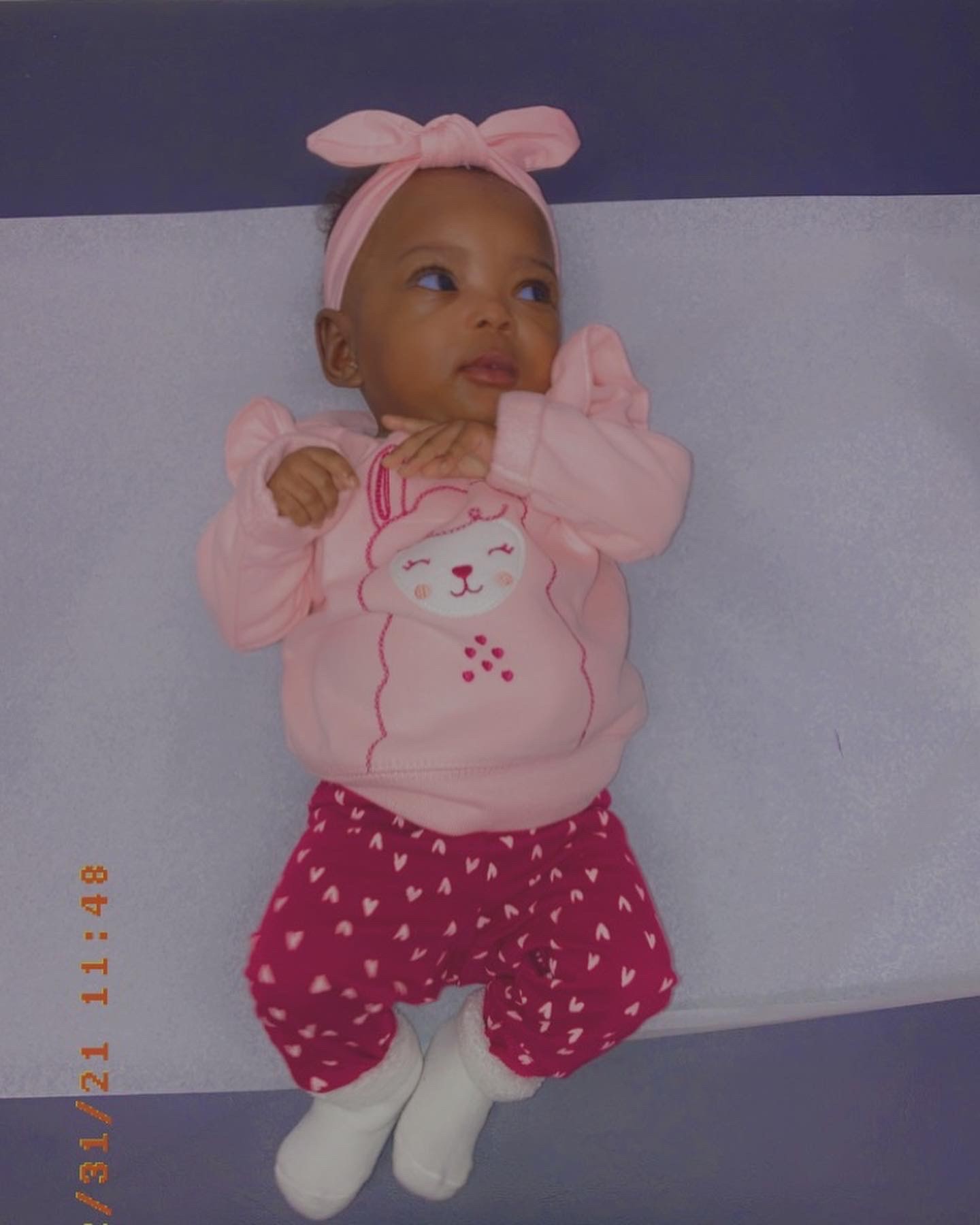
“The PDA device helped save my daughter’s life,” said Cambre. “She depended on a breathing tube for a long time, and now to see her breathe on her own, is amazing. We are working on improving her feeding right now. She is doing well with bottle and G-tube feedings, but the hope is that she will get her G-tube removed soon. The good news is Aubri is gaining weight. For a baby who weighed less than two pounds at birth, Aubri weighs a whopping eight pounds. Her progress would not have been possible without her doctors at Children’s Hospital. I am grateful to Dr. Bartakian who performed my daughter’s successful PDA surgery. He did a great job of explaining the procedure to me and made me feel comfortable moving forward with it. The NICU team and the nurses were amazing, too. They took great care of Aubri. While it was difficult to see my baby struggling to get better during her long stay in the NICU, I am happy she is home.”
Aubri was discharged from the NICU on Dec. 18, just in time for Christmas. While the holiday celebration at home was small due to COVID, Cambre’s family was thrilled to finally meet Aubri. Cambre calls Aubri her Christmas blessing. She inspires hope to everyone who meets her.
“She is a happy, funny baby who loves music just like me,” said Cambre. “When I was pregnant with Aubri, I would sing to her all the time. So, when she was born, she came out loving music. That’s what keeps her calm. That’s what keeps me calm. She is just a pure joy to be around.”
Since Aubri’s PDA surgery, her follow-up care includes periodic checkups with her pediatric cardiologist Dr. Michael Brumund, who is also medical director of the Adult Congenital Heart Disease Program at Children’s Hospital, where he treats adults with congenital heart problems. Aubri will be screened regularly to watch for any symptoms or any complications over time.
From a miscarriage to a second chance at motherhood to watching her baby beat the odds, Cambre says her family, friends and her faith are what kept her strong through this journey.
“I had to learn not to get my hopes up all the time,” said Cambre. “There were times when I was feeling good that she’s about to come home and then something happened, and she had to stay in the NICU longer. I learned to accept that this was part of the process. Prayer strengthened me each day she was in the NICU. As a new mom, five months is a long time to wait for your baby to come home. I knew in due time she would be healthy enough to come home and be with us.”
Click here to learn more about our pediatric cardiology program at Children’s Hospital New Orleans. For more information about our Level IV Neonatal Intensive Care Unit, click here.
